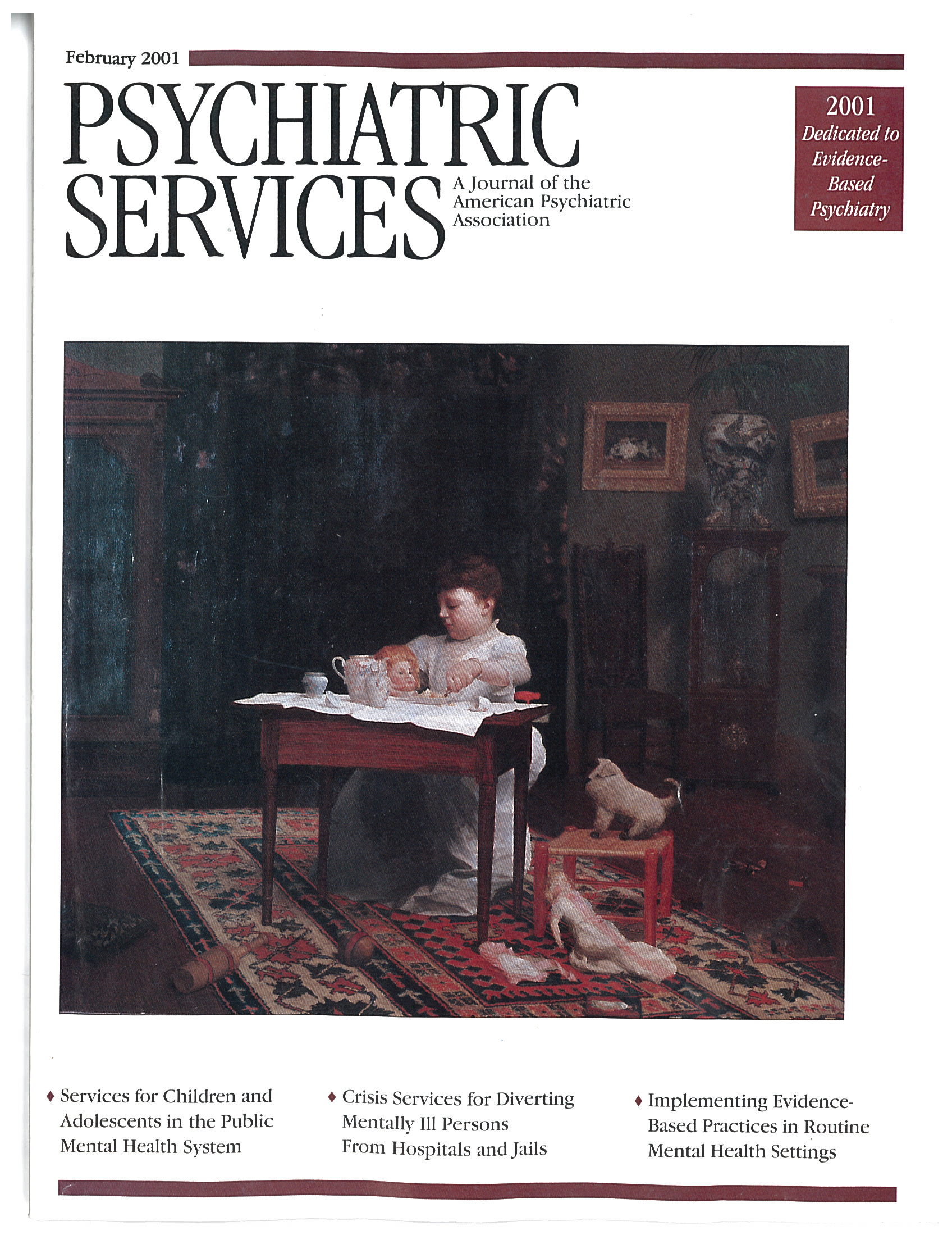Sigmundoscopy: Medical-Psychiatric Consultation-Liaison—The Bases
On first picking up a copy of Sigmundoscopy, one might be inclined to dismiss it as light fare. Both the name and the cover art suggest a lack of seriousness for the task of discussing as important a topic as the field of consultation-liaison psychiatry. Nothing could be further from the truth, however. This book is a scholarly and thoughtful excursion into the world of consultation-liaison psychiatry, and even seasoned experts in the area will feel enriched after completing it.
The book's purpose is to provide a soup-to-nuts consideration of the process of general hospital psychiatric consultation, or, as the author offers, "the bases." He begins with a review of the history of consultation-liaison psychiatry and a description of the literature that supports the value of psychiatric consultation, laying the groundwork for the reader to understand how we have come to function as consultants today.
The text then deftly walks the reader through the entire process of conceptualizing and completing a superior psychiatric consultation. Comprehensive and thoughtful analysis is conducted of the critical elements of the psychiatric consultation, including the topics of preparing for the consultation, interviewing the patient, writing the consultation report, and making the most effective recommendations. Within these sections are countless pearls, ranging from how to talk to the internist or surgeon who requests the consult to appropriate bedside manner. For those who enjoy mnemonics, several are sprinkled throughout the text. The work is well referenced, allowing the reader to pursue more in-depth study of any topic.
This is great book for teaching and reminding us how consultation-liaison psychiatrists do what they do. It should be at the top of any list of references for medical students and psychiatric residents rotating on a consultation-liaison service. It is an invaluable tool for any general psychiatrist who does consultation work in a general hospital setting. Look past the title and the drawings, which may appear to detract from the importance of consultation-liaison psychiatry. Truly, in this case, you cannot judge a book by its cover.
Dr. Gitlin is associate professor of clinical psychiatry and of family medicine and community health and director of the psychiatric consultation-liaison service at UMass Memorial Health Care, University Campus, in Worcester, Massachusetts.



